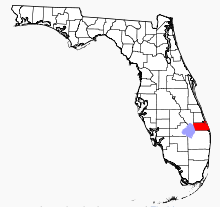Herald Tribune Series on County and Community Networks
A few weeks ago, the Herald Tribune ran a number of articles about broadband by Michael Pollick and Doug Sword that discussed some community fiber networks and efforts by Counties in Florida to build their own fiber-optic networks.
The first, "Martin County opting to put lines place," covers the familiar story of a local government that decides to stop getting fleeced by an incumbent (in this case, Comcast) and instead build their own network to ensure higher capacity at lower prices and often much greater reliability.


"We decided for the kind of money these people are asking us, we would be better off doing this on our own," said Kevin Kryzda, the county's chief information officer. "That is different from anybody else. And then we said we would like to do a loose association to provide broadband to the community while we are spending the money to build this network anyway. That was unique, too." The new project will use a contractor to build a fiber network throughout the county and a tiny rural phone company willing to foot part of the bill in return for permission to use the network to grab customers of broadband service. The combined public-private network would not only connect the sheriff's office, county administration, schools and hospitals, but also would use existing rights of ways along major highways to run through Martin's commercial corridors.Michael Pollick correctly notes that Florida is one of the 18 states that preempt local authority to build broadband maps. However, they incorrectly believe that Martin County is unique in its approach.


